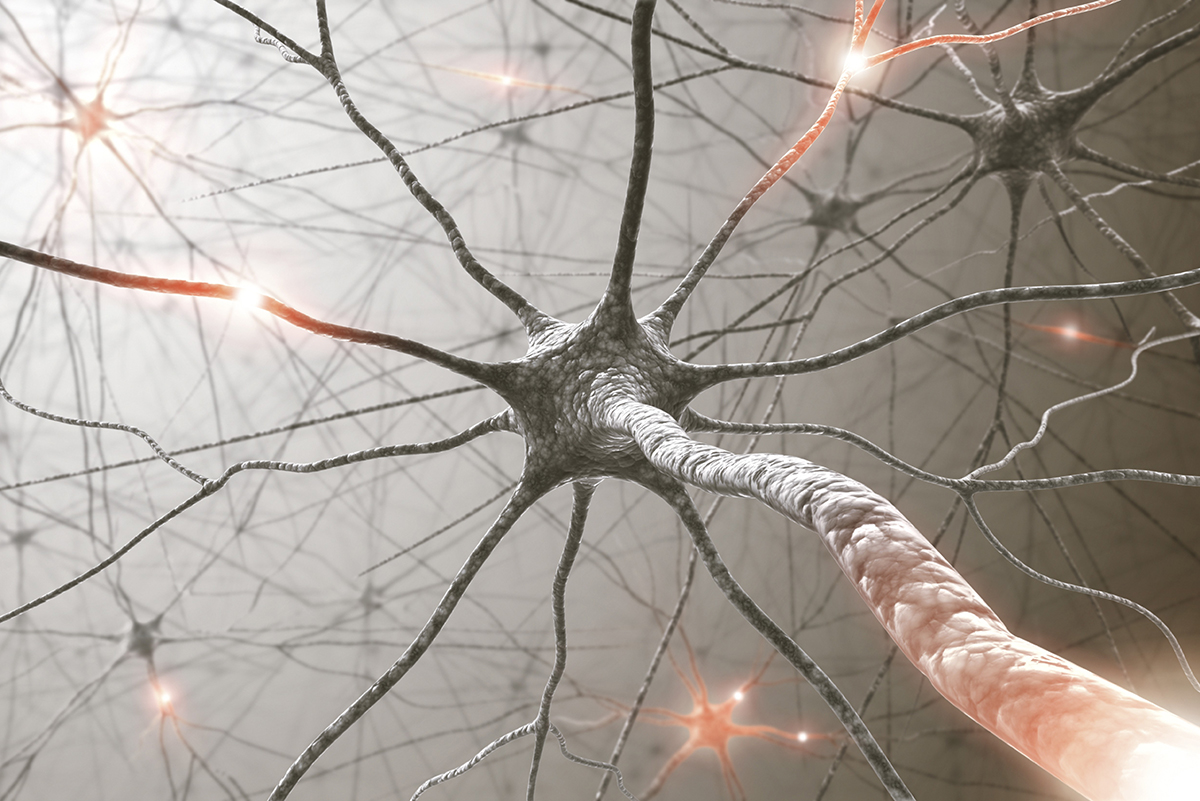Peripheral Neuropathy: Causes, Symptoms, and Treatment Options

Peripheral neuropathy is a condition that occurs when the peripheral nerves, those outside the brain and spinal cord are damaged. These nerves transmit sensory information to the central nervous system and control muscle movement as well as automatic functions like digestion or circulation. When they malfunction, it can cause pain, numbness, weakness, or even serious complications. Understanding peripheral neuropathy helps patients seek early diagnosis and effective treatment.
What Is Peripheral Neuropathy?
The peripheral nervous system connects the brain and spinal cord to the rest of the body. When these nerves are damaged, they may send incorrect signals, or fail to send signals at all. This condition is called peripheral neuropathy, and it can affect:
- Sensory nerves – responsible for feeling pain, temperature, and touch
- Motor nerves – control muscle movements
- Autonomic nerves – regulate involuntary functions like heart rate and digestion
Depending on which nerves are affected, symptoms can vary widely.
Common Causes of Peripheral Neuropathy
Peripheral neuropathy is not a single disease but rather a result of multiple possible causes. The most common include:
- Diabetes (Diabetic Neuropathy) – High blood sugar damages nerves over time, making diabetes the leading cause.
- Infections – Viral or bacterial infections such as shingles, Lyme disease, or HIV.
- Vitamin deficiencies – Lack of vitamin B12, B6, or folate can harm nerve health.
- Alcohol abuse – Long-term alcohol use can lead to nutritional deficiencies and nerve toxicity.
- Certain medications – Chemotherapy drugs, some antibiotics, and others may cause nerve damage as a side effect.
- Autoimmune diseases – Conditions like lupus or rheumatoid arthritis can attack nerve tissue.
- Injuries – Physical trauma, repetitive stress, or compression (like carpal tunnel syndrome) can lead to nerve damage.
- Genetic disorders – Some inherited conditions, such as Charcot-Marie-Tooth disease, affect peripheral nerves.
Symptoms of Peripheral Neuropathy
Symptoms depend on the type and location of the nerve damage, but common signs include:
- Pain or burning sensation – Often in the hands or feet, worse at night
- Numbness or tingling – Loss of sensation can increase the risk of injuries
- Muscle weakness – Difficulty with coordination, balance, or walking
- Sensitivity to touch – Even light contact may cause pain (allodynia)
- Autonomic problems – Dizziness, abnormal sweating, digestive issues, or changes in blood pressure
Peripheral neuropathy usually starts in the extremities (hands and feet) and may gradually spread upward.
How Is Peripheral Neuropathy Diagnosed?
Early diagnosis is key to preventing further nerve damage. A doctor may perform:
- Physical and neurological exams – To check reflexes, muscle strength, and sensation
- Blood tests – To look for diabetes, vitamin deficiencies, or other underlying issues
- Electromyography (EMG) and nerve conduction studies – To measure electrical activity in muscles and nerves
- Imaging tests – MRI or CT scans may detect structural causes like tumors or herniated discs
- Nerve biopsy (rarely used) – A small section of nerve is examined under a microscope
Treatment for Peripheral Neuropathy
There’s no single cure, but treatment aims to manage symptoms, slow progression, and address the root cause.
1. Managing the Underlying Condition
- Diabetes control: Keeping blood sugar levels within target range prevents worsening.
- Vitamin supplements: Restoring B12 or folate can improve nerve function.
- Stopping harmful medications: If possible, switching drugs can prevent further nerve damage.
2. Pain Management
- Medications: Drugs like Aspadol 200mg (Tapentadol), pregabalin, gabapentin, or duloxetine are often prescribed for nerve pain.
- Topical treatments: Lidocaine patches or capsaicin creams provide localized relief.
- Over-the-counter painkillers: May help mild discomfort but are usually insufficient for severe neuropathy.
3. Physical Therapy
Exercises to strengthen muscles, improve balance, and maintain mobility can reduce the risk of falls and injuries.
4. Lifestyle Changes
- Healthy diet: Rich in vitamins and minerals to support nerve health
- Regular exercise: Increases blood flow to nerves and reduces pain
- Limiting alcohol: Reduces further nerve damage
- Proper foot care: Especially important for diabetic neuropathy to prevent ulcers and infections
5. Advanced Therapies
- Transcutaneous electrical nerve stimulation (TENS): Low-voltage electrical current reduces pain signals.
- Nerve blocks or injections: Used in severe cases to control localized pain.
- Surgical intervention: If caused by nerve compression or tumors.
Complications of Peripheral Neuropathy
If untreated, peripheral neuropathy can lead to:
- Chronic pain
- Muscle wasting or paralysis
- Severe foot injuries or infections (especially in diabetics)
- Loss of coordination and falls
Early treatment greatly reduces these risks.
Can Peripheral Neuropathy Be Prevented?
While not all cases are preventable, you can lower your risk by:
- Managing chronic conditions like diabetes and thyroid disease
- Avoiding excessive alcohol consumption
- Eating a balanced diet with adequate vitamins
- Protecting your hands and feet from injury
- Getting regular checkups to catch problems early
Key Takeaways
Peripheral neuropathy is a serious condition that results from nerve damage and may cause pain, numbness, weakness, or other symptoms. It often develops gradually but can become disabling if untreated. Fortunately, medications like Aspadol (Tapentadol) and other therapies can effectively manage pain while treating the underlying cause. A healthy lifestyle, early diagnosis, and proper medical care are essential to improving quality of life for patients living with neuropathy.



